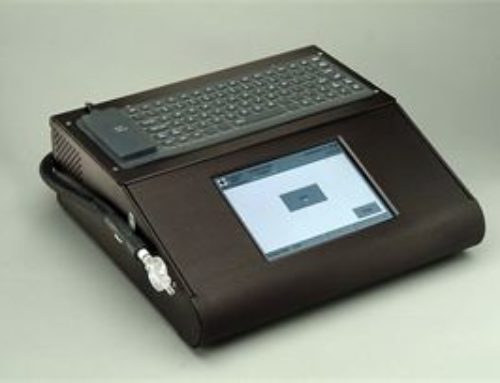In State v. Hawkinson, decided March 26, 2012, the Minnesota Court of Appeals ruled that the State of Minnesota violated defendant’s due process rights by destroying defendant’s blood sample before the DWI trial and after defendant’s specific demand to preserve the blood sample for trial. The court of appeals relied on the seminal U.S. Supreme Court case of Brady v. Maryland, which established that the “suppression by the prosecution of evidence favorable to an accused upon request violates due process where the evidence is material either to guilt or to punishment, irrespective of the good faith or bad faith of the prosecution.”
In Hawkinson, the trial court ruled that defendant’s blood sample indicating an alcohol concentration of 0.11 was inadmissible at trial due to the destruction of the sample, violating due process. The prosecutor appealed the pretrial ruling, and the Court of Appeals rejected the prosecutor’s appeal.
Scientists at the Minnesota Bureau of Criminal Apprehension are responsible for testing blood and urine samples in DWI cases. The BCA’s general policy is to destroy the samples after one year. Despite defense counsel’s specific request to preserve the blood sample for trial, the BCA went ahead and destroyed the sample prior pursuant to its policy. Likely, the BCA was unaware of the defendant’s specific request to preserve the sample for trial. Nonetheless, the BCA’s actions violated defendant’s due process rights, and the State no longer could introduce evidence of defendant’s blood alcohol concentration at trial.
Most DWI cases in Minnesota are brought to trial within one year, and thus the BCA’s policy usually is not an issue. However, some cases take more than a year to go to trial, depending on the county and the issues being litigated.
This case demonstrates that common sense doesn’t always prevail at government agencies. One might assume that the BCA would preserve all evidence until trial, but that has never been the BCA’s policy in DWI cases.



Leave A Comment